COURIER’s Sarah Torribio is…pleased to meet you
It’s been another year on the obituary beat, a job I first undertook just over three years ago.
When the COURIER’s previous obituary writer Brenda Bolinger left the newspaper for a post at Pitzer College, she imparted some words of portent: “Writing obituaries will change you,” she said, emphasizing that the transformation would be for the better.
I brushed away her admonition as a byproduct of Brenda’s spiritually-inclined, slightly hippy-esque nature. If there was any change, I figured it would be my descent into a new state of vocational overwhelm.
But as the inimitable Mick Jagger sings, “You don’t always get what you want…but you get what you need.” It turned out what I—like each of us entwined in this mortal coil—needed was a dose of perspective.
I dislike the idea of mortality. I don’t want to bid adieu to family and friends. And despite my occasional whining about the hard-knock quality of my life, I don’t want to make like Elvis and leave the building. I’ve got too much to do and, besides, I don’t hold much truck with the concept of the unknown.
While these sentiments remain unchanged, death has lost some of its morbidity for me in the past year. It has become clear to me that an obituary is just a feature on someone who happens to have died. And I have become further convinced that a life well-lived is a triumph rather than a tragedy.
If I had to pick a theme for this year’s obituary-writing, it would be “pleased to meet you.”
I wrote more obits than ever for people I have known and admired. These included my husband’s grandfather Raymond Marmolejo, who I knew from childhood and epitomized the spirit of “family first.”
They included local graphic designer and environmental activist Linda Heilpern, who was one of the gentlest and sweetest people I have had the honor of knowing. A few months before her death, she took me out for tacos at Petiscos where she discussed her adjustment to life as a widow.
Though she was clearly grieving, she expressed gratefulness for our casual and longstanding friendship. She did the same with her friendly smile and wave when, just a couple weeks before her death, I encountered her at an evening performance of the Midsummer Night’s Shakespeare Festival organized by Ophelia’s Jump. I am, indeed, pleased to have met Ms. Heilpern.
They also included an account of the life of Pat Yarbrough who, as the COURIER’s longtime education reporter, was the staunchest supporter the Claremont Unified School District could ever wish for.
Interestingly enough, Pat actively disliked me during the first years of our association, which occurred during my first stint at the COURIER from 2003 to 2006.
Her enmity could have been an artifact of office politics during a transitional time. But I tend to think it was one of those oil-and-water things. I was in my early 30s and embroiled in personal tumult; the sense of drama I brought with me to the workplace did little to endear me to a woman for whom stolidity was a guiding virtue. I also think she just didn’t like my smell—that happens sometimes among us human animals.
Friends of Pat will probably smile at this revelation, because she was nothing if not a woman of strong likes and dislikes.
Over the years there was a thawing process. When I returned to the COURIER after a long absence, she had almost forgotten who I was. And while we never became blood sisters, I think she came to like me a bit. She respected my work ethic and even more, she appreciated my new foray into parenthood, because Pat loved children.
And as metaphysical as it sounds (damn you, Brenda!), I believe we reached a true understanding when I wrote her obituary after her death on March 18 of this year.
Pat shared my enthusiasm for journalism, but left me in the dust when it came to her sense of adventure. You’d never get me in the cockpit of a small plane in order to survey the local landscape and publicize the exciting doings of Cable Airport.
She also had an inestimably greater sense of community. I’m not a joiner, and tend to excuse myself from many engagements on the justification that I have contributed as a writer. Ms. Yarbrough, by contrast, delighting in church-going, school volunteering and rolling up her shirtsleeves for endeavors like the restoration of the Cumbres & Toltec Scenic Railroad, a 64-mile-long narrow gauge railroad dating to the late 19th century and running between Chama, New Mexico and Antonito, Colorado.
In short, it turned out that if Pat had once eyed me coolly, she was a cool lady.
And finally, there were a number of people I wrote about this year I wish I had met, whom I was pleased to meet only after they were gone. Chief among these was pioneering journalist Louie Robinson, whose acquaintance I made after his October 2 death.
After a few minutes of researching his life, I realized I had found a hero. Mr. Robinson spent three decades writing for Ebony and serving as the magazine’s west coast editor as well as contributing to publications like Jet and Negro Digest.
After having grown up in the segregated South, Mr. Robinson spent his life telling the stories of the important figures and historic events that helped transform the racial landscape of the United States.
The journalist ventured bravely into the near-apocalyptic landscape of Los Angeles during the Watts riots, at one point literally dodging bullets. He collaborated on the life stories of tennis legend Arthur Ashe and renowned crooner Nat King Cole and was on friendly terms with the luminaries he interviewed, ranging from Quincy Jones to Harry Belafonte to Richard Pryor.
They liked the fact that he wanted to get to the heart of their thoughts and actions rather than form a sycophantic friendship. In short, he gave as good as he got. It’s not every obituary where I can quote Sidney Poitier, one of the most well-respected entertainers of all time, as saying, “Never in my life have I known a better man.”
In his personal life, Mr. Robinson raised a family with love and energy and quietly hosted stars like Sammy Davis Jr. and Nancy Wilson at his Claremont home. He also, in a delightful anecdote shared by COURIER publisher Peter Weinberger, enjoyed evenings at the home of late COURIER publisher Martin Weinberger.
“Louie and Mati could talk politics with my father, Martin, for hours outside by the pool,” the younger Mr. Weinberger said. “Even after dark, I could still hear them, just not see them.”
I was in elementary school at the time but, given a time machine, I’d give a lot to join those two distinguished journalists and their civically engaged wives in such sprawling conversations.
So yes, writing COURIER obituaries continues to change me. It makes me view the dead as people who were here just as much as people who are gone. And I hope that reading the life stories of this community’s amazing population changes you a little. I hope you, too, sometimes feel like telling the subjects of our obituaries, “Pleased to meet you.”
—Sarah Torribio
storribio@claremont-courier.com



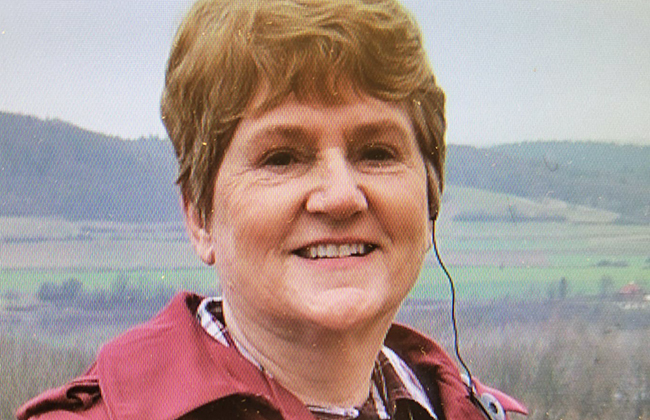
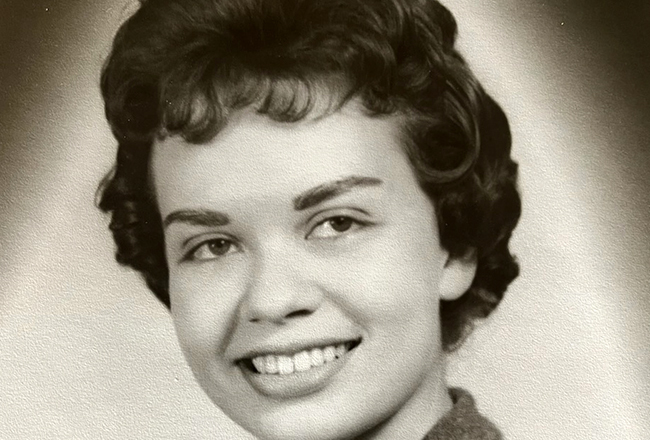
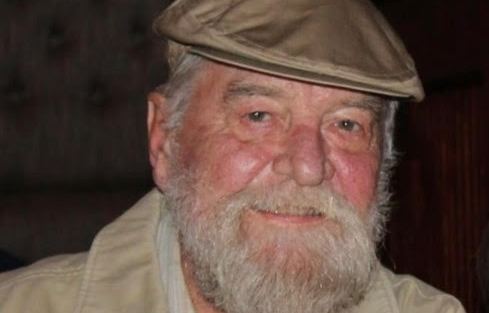
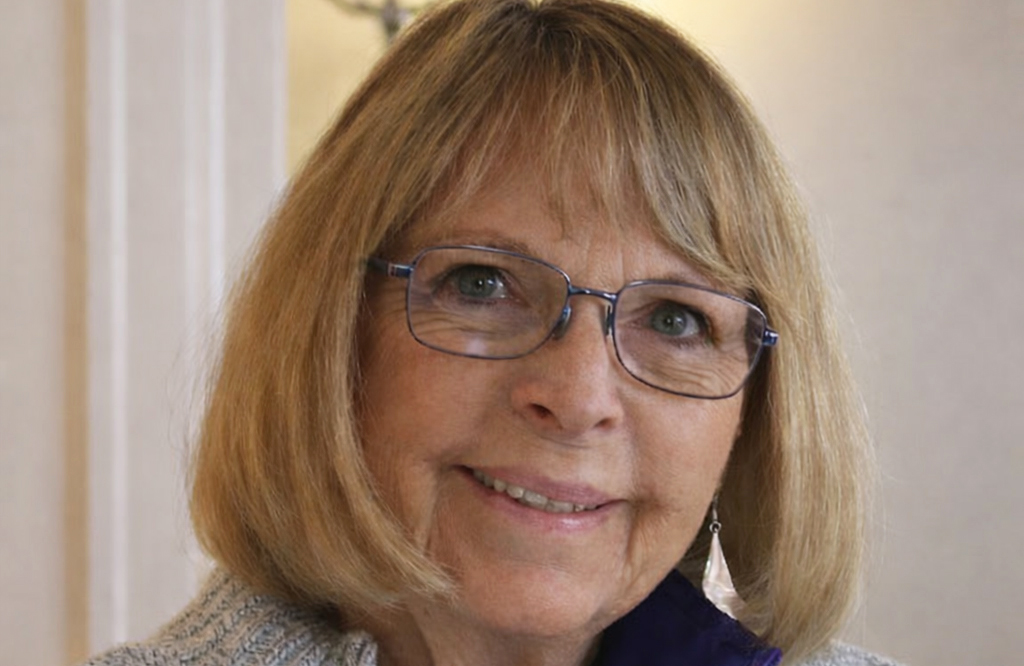
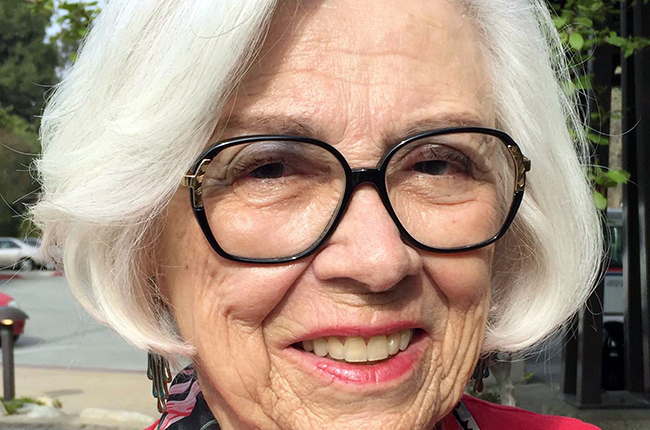
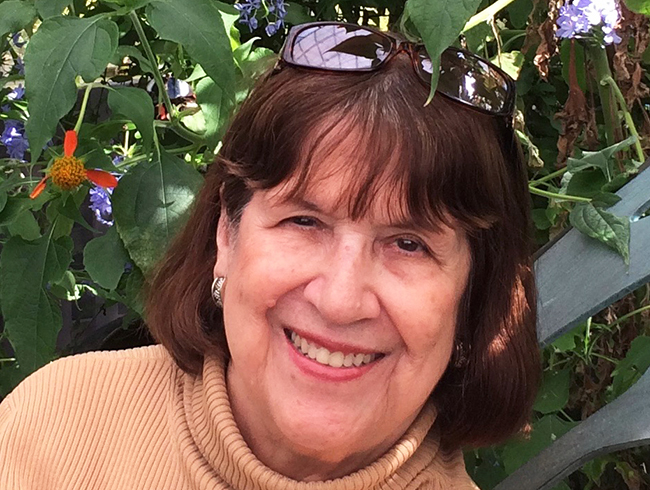

0 Comments